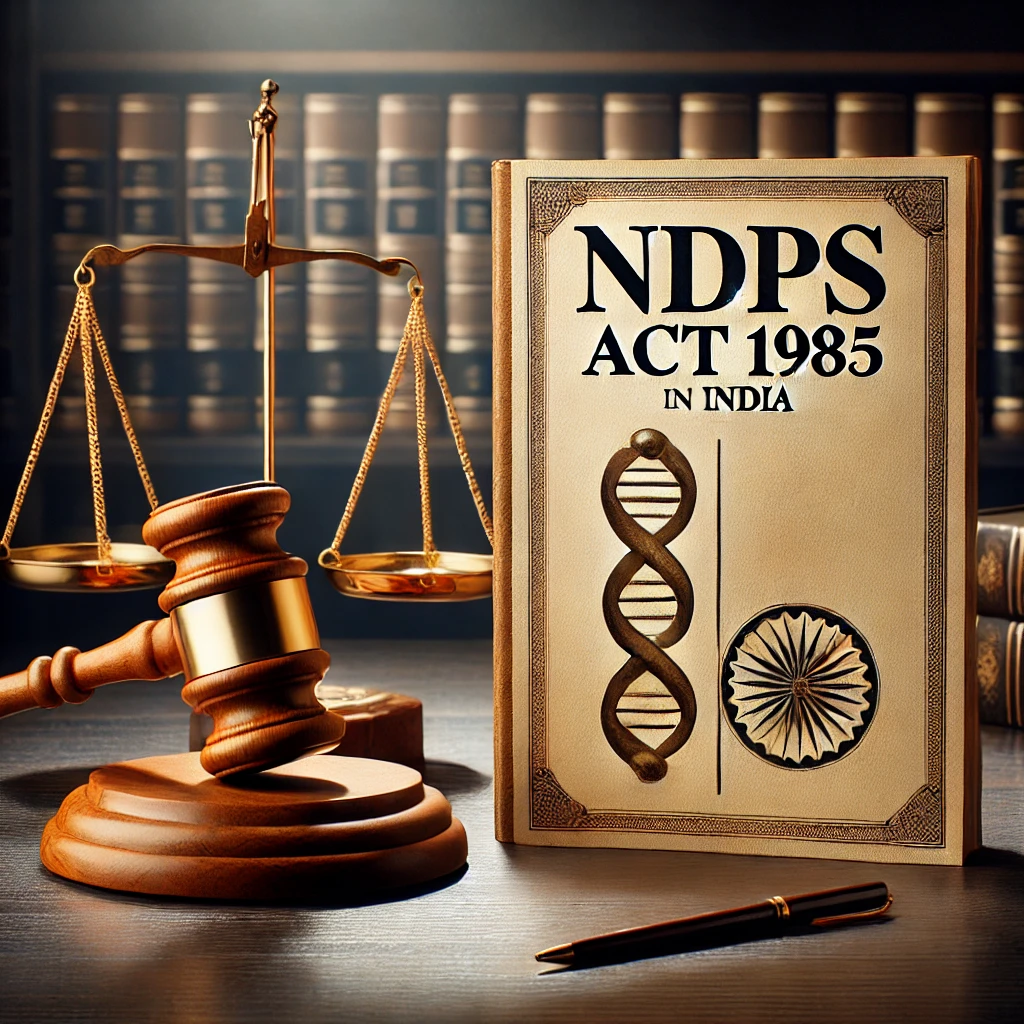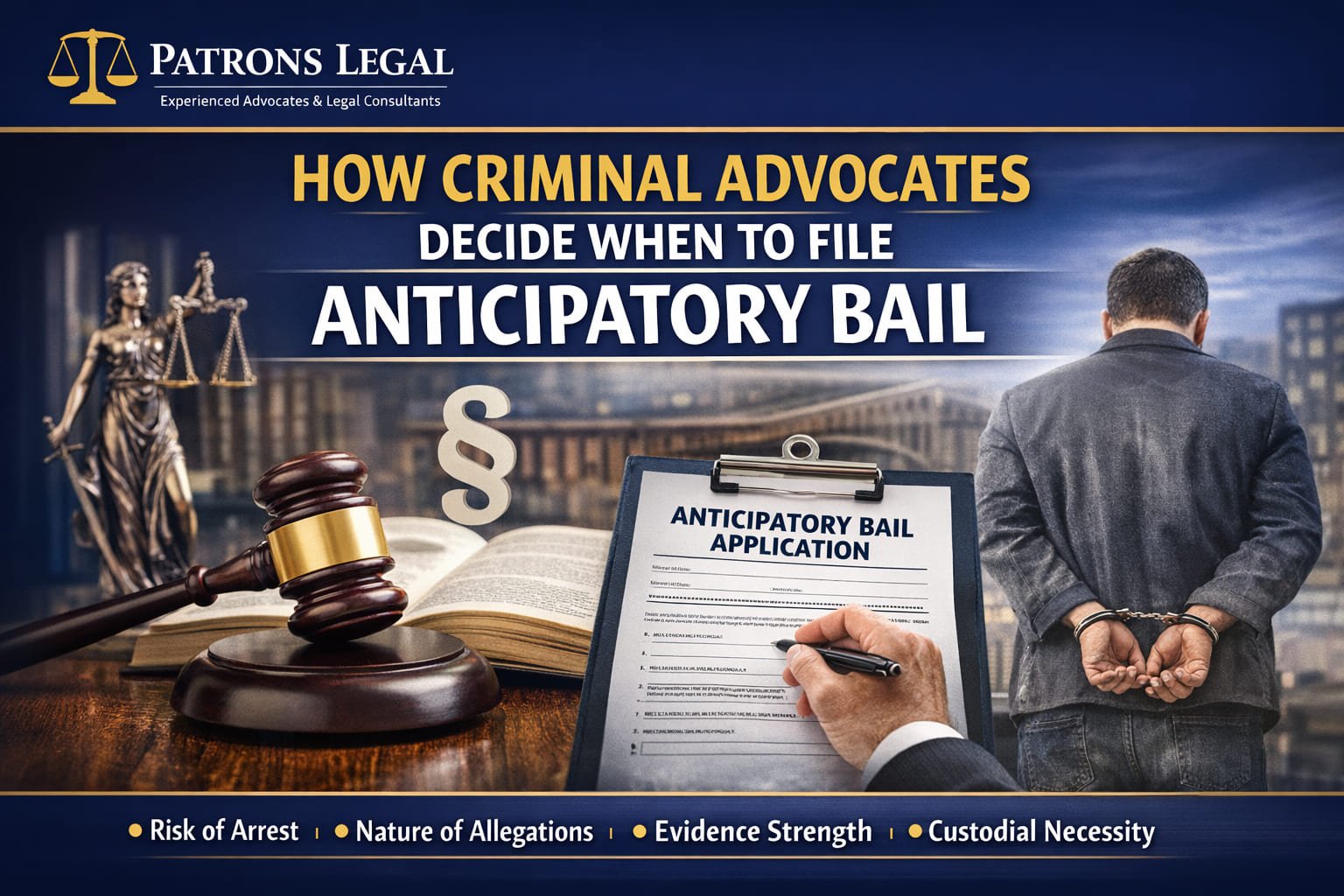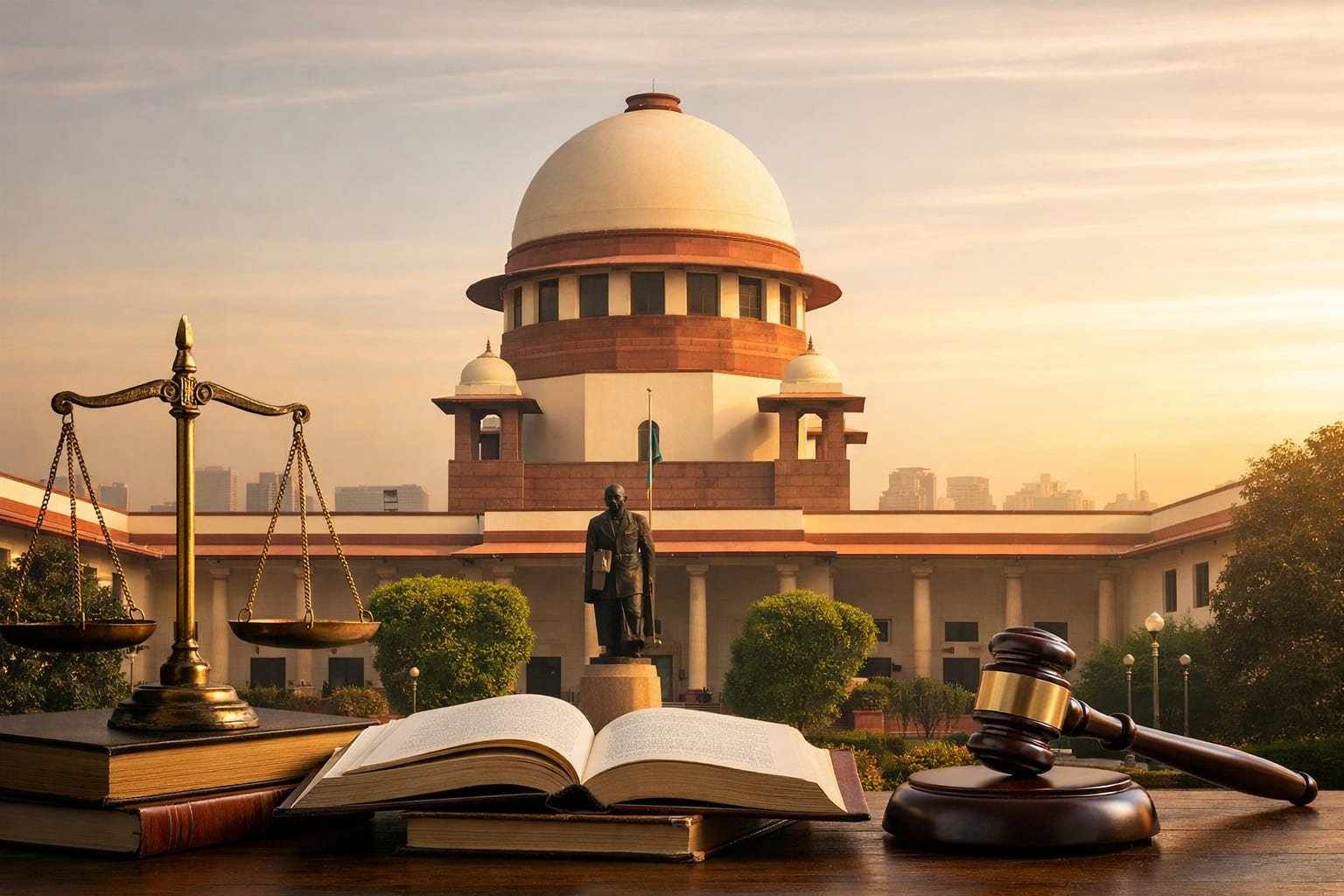The Narcotic Drugs and Psychotropic Substances Act 1985 (NDPS Act) is India’s primary law governing drug-related offenses. It aims to regulate and control narcotic drugs and psychotropic substances while imposing stringent penalties for violations. However, due to its rigorous nature, individuals may find themselves wrongly accused or facing harsh penalties. This article explores the legal rights of individuals under the NDPS Act and the defense strategies that experienced NDPS lawyers at Patrons Legal employ to safeguard their clients.
With over 45 years of experience in criminal litigation, Patrons Legal provides expert legal assistance for individuals facing charges under the NDPS Act. Our seasoned NDPS lawyers in Delhi ensure that the accused’s legal rights are protected while formulating a robust defense strategy.
Key Provisions of the NDPS Act
The NDPS Act classifies offenses based on the type and quantity of narcotics involved. Here are the key provisions:
- Prohibition and Regulation (Section 8): The Act prohibits the production, manufacture, possession, sale, purchase, transport, and consumption of narcotic drugs and psychotropic substances, except for medical and scientific purposes.
- Offenses and Punishments (Section 21-25): Punishment under the NDPS Act depends on the quantity of drugs found:
- Small quantity: Up to 1 year imprisonment or fine, or both.
- Intermediate quantity: Up to 10 years imprisonment and fine.
- Commercial quantity: Minimum 10 years imprisonment, extendable to 20 years, along with a hefty fine.
- Presumption of Culpable Mental State (Section 35): The burden of proof is on the accused to prove their innocence.
- Presumption of Offenses under Certain Circumstances (Section 54): If illegal substances are found in possession, it is presumed the person knew the same.
- Bail Provisions (Section 37): Bail is difficult to obtain under the NDPS Act due to its stringent provisions. However, if the accused can prove that there is no prima facie case against them, bail may be granted.
Legal Rights Under the NDPS Act
Despite the stringent nature of the NDPS Act, individuals accused under its provisions have certain legal rights:
1. Right Against Illegal Search and Seizure
- Section 42 of the NDPS Act: Any search conducted without a proper warrant must be recorded in writing, stating the reason for not obtaining prior authorization.
- Section 50 of the NDPS Act: If a person is being searched, they have the right to request that the search be conducted in the presence of a Magistrate or a Gazetted Officer.
- Illegal Searches: If proper procedures are not followed, the search and seizure can be challenged in court.
2. Right to Legal Representation
- An accused person has the right to consult and be defended by a legal practitioner of their choice.
- The court may also provide legal aid to those who cannot afford a lawyer.
3. Right Against Self-Incrimination
- Article 20(3) of the Indian Constitution: Protects individuals from being forced to testify against themselves.
- Confessions made to a police officer are not admissible as evidence under Section 25 of the Indian Evidence Act.
4. Right to Bail
- Bail in NDPS cases is difficult but not impossible. The accused must prove that they are not guilty and are unlikely to commit another offense while out on bail.
- The severity of the offense and the quantity of drugs involved play a crucial role in bail considerations.
5. Right to a Fair Trial
- The prosecution must prove the charges beyond a reasonable doubt.
- The accused has the right to cross-examine witnesses and challenge the evidence presented against them.
Defense Strategies in NDPS Cases
For those accused under the NDPS Act, a strong legal defense is crucial. Some effective defense strategies include:
1. Challenging the Legality of Search and Seizure
- If law enforcement fails to follow due procedure under Sections 42 and 50, the accused can challenge the admissibility of evidence.
- Any violation of these provisions can lead to the case being dismissed.
2. Proving Unlawful Arrest and Detention
- Arrests made without proper authorization or in violation of procedural safeguards can be challenged in court.
- If an accused is detained beyond the permissible period without being produced before a Magistrate, it constitutes a violation of their rights.
3. Questioning the Quantity of the Substance
- The punishment under the NDPS Act depends on the quantity of drugs involved—small, intermediate, or commercial.
- If the prosecution cannot prove the exact quantity, the accused can seek a lesser charge or reduced punishment.
4. Highlighting Procedural Lapses
- The prosecution must prove an unbroken chain of custody of seized substances.
- If there are lapses in handling or testing of the seized substances, the defense can challenge the evidence.
5. Establishing False Implication
- False cases under NDPS are not uncommon, especially in cases of personal enmity or police misconduct.
- If the defense can demonstrate that the accused was falsely implicated, the court may dismiss the charges.
6. Medical and Rehabilitation Grounds
- If the accused is a drug addict and not a trafficker, they may seek leniency under the Act.
- Courts may direct rehabilitation instead of punishment in cases where the accused is an addict.
7. Challenging the Admissibility of Confessions
- Confessions made to police officers are not admissible as evidence.
- Any confession obtained under duress or coercion can be challenged in court.
How Patrons Legal Can Help
Patrons Legal is a leading criminal litigation firm with extensive experience handling NDPS cases. Our approach includes:
- Strategic Legal Counseling: Understanding the client’s case and developing a tailored legal strategy.
- Aggressive Court Representation: Defending clients at every stage, from trial courts to the Supreme Court.
- Bail Assistance: Preparing strong bail applications to secure the client’s release at the earliest opportunity.
- Legal Research & Documentation: Ensuring that every legal remedy is explored to protect the accused’s rights.
Conclusion
Navigating an NDPS case requires expert legal assistance due to the Act’s strict provisions. Patrons Legal specializes in defending individuals accused under the NDPS Act by leveraging procedural safeguards, strategic defense approaches, and extensive legal expertise. If you or someone you know is facing charges under the NDPS Act, seeking timely legal counsel can make a significant difference.








Leave a Reply